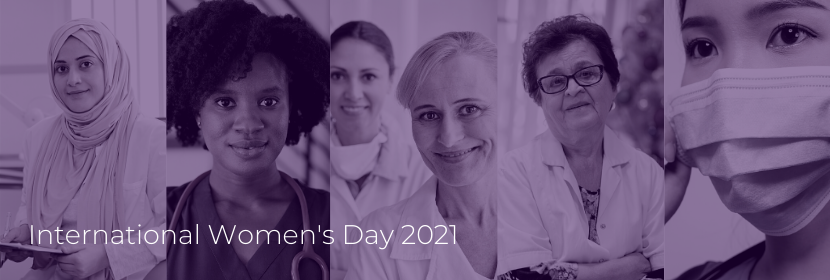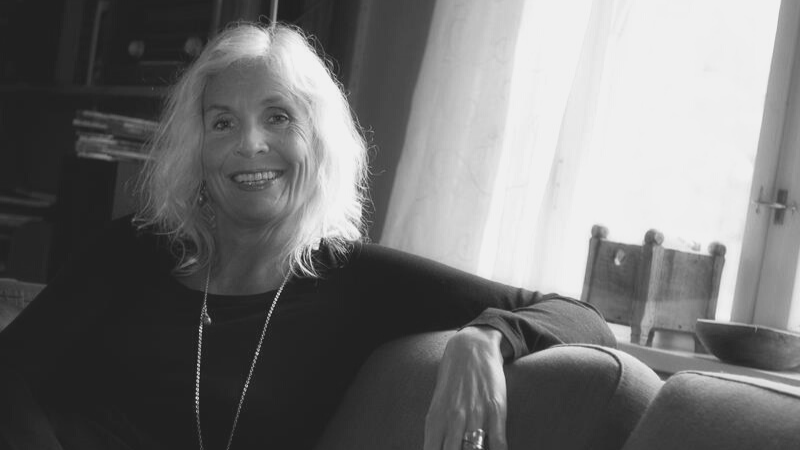Achieving an Equal Future in a COVID-19 World

Family doctors can play a major role in balancing gender inequalities. As the first point of contact with health care, we hold the opportunity to actively look for where and how gender inequalities play out in our community and for the individual woman and her family. Gender is also playing out in diagnosing and treatment of disease. It can easily be forgotten because most of us didn`t learn medicine from that perspective.
Gender inequalities mirror general societal structures, and the family doctor`s ability to act can seem limited. But we can always do something: We can detect, describe, and not least recognize the situation the patient finds herself in. Recognition is the first step of empowerment.
Secondly, we can report. The data we hold about our population, our community, is crucial for a fair distribution of resources on the policy level.
Men are 1.3 times more likely to die from COVID-19 once infected. Yet women face higher exposure to the virus and stress-induced mental health challenges, as they make up the majority of frontline workers. Women’s health is also more likely to be challenged by job insecurity, poverty, the increased burden of informal labour, and decreased access to health, social, and anti-violence services. (https://eurohealthnet.eu/PP-Gender)
While men generally have worse health outcomes, they are less likely to visit a doctor. Women, on the other hand, live longer than men but often spend those years in poor health, with disabilities, or in poverty.
Access to maternal and newborn health facilities is often the service to suffer in all sorts of crisis. The implications for child and adolescent health later in life are extensive.
The gender lens is a prerequisite to understanding disease and ill-health. It is a responsibility for all healthcare workers, regardless of gender, to polish this lens and use it actively in daily work.
The gender issue, of course, also plays out in the community of healthcare workers. The health workforce consists primarily of women. In general, health is delivered by women, led by men.
This pattern has become more visible during the current pandemic. I hope that the gender issue will be actively discussed in the global family medicine community in the time to come.

I wish colleagues of all genders my very best, - let`s build resilient primary care for the future!
Congratulations to my female colleagues all over the world on International Women`s Day 8th March.
Dr Anna Stavdal,
WONCA President Elect